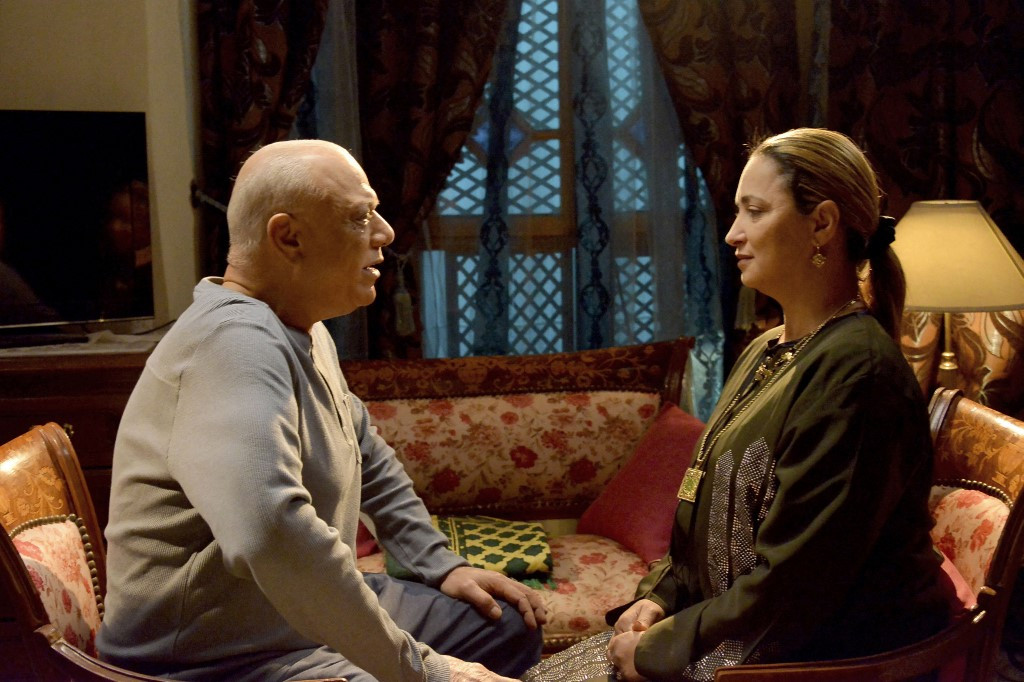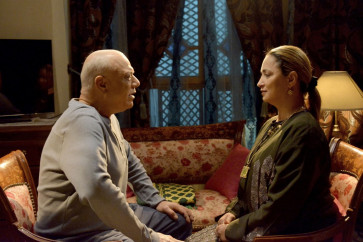Popular Reads
Top Results
Can't find what you're looking for?
View all search resultsPopular Reads
Top Results
Can't find what you're looking for?
View all search resultsTunisia TV series sparks polygamy row
Change text size
Gift Premium Articles
to Anyone
A
Ramadan TV series dealing with polygamy has sparked a heated debate in Tunisia, an Arab pioneer in women's rights that banned the practice decades ago.
"Baraa" (Arabic for "innocence") has also been criticised by rights activists and secular politicians for its portrayal of customary "orfi" marriage, religious unions not sanctioned by the state.
Both practices are punishable by up to a year in prison under the country's 1956 family code.
But in one episode, the series' main character, Wannas, declares to his wife and children that he has the right to marry a second woman under Islamic law, which "trumps all other laws".
The series, aired at prime time after observant Muslims break their daytime fast, has sparked a backlash on social media.
"It's disappointing to see these subjects being debated," said Tunisian actress Mariem Ben Hussein.
Post-independence leader Habib Bourguiba outlawed polygamy in the family code passed just five months after the country's 1956 independence from France, a piece of legislation that was nothing short of revolutionary in the Arab world at the time.



















